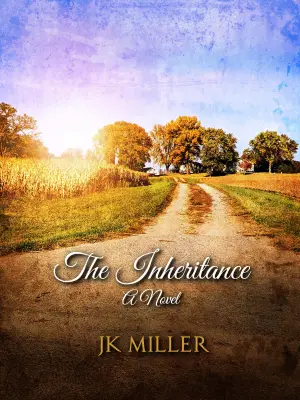I’m an avid reader and recently dove into Jojo Moyes’ latest novel, which, from the moment I read its description, had me intrigued. The blend of family dynamics, the complexities of blended relationships, and the bounce-back of a woman named Lila Kennedy drew me in. As a fan of contemporary fiction that showcases the real struggles of everyday life, this book felt like a perfect match for my reading preferences.
Lila’s chaotic life, with a broken marriage, two wayward daughters, an aging stepfather, and a long-lost father suddenly reappearing, presents a rich ground for both humor and heartbreak. It’s astounding how well Moyes captures the essence of being overwhelmed, yet still striving to make sense of it all. Many readers, like Lvjcw, mentioned a profound connection with Lila, often feeling a desire to advise her during her tough moments. I found myself empathizing with her plight, especially as she navigated the complexities of forgiveness and the unpredictable nature of love.
One of the positives I cherished was the character development; Lila is beautifully flawed and relatable. Readers can laugh and cry alongside her, just as R Munson pointed out, celebrating Lila’s journey of survival and triumph. Moyes’ knack for creating real, multi-dimensional characters makes every conflict meaningful. The book isn’t solely about Lila; the supporting cast—including her daughters and the neurotic dog—ensures that the storyline stays engaging and lively.
Additionally, the book’s pacing is admirable. It flows smoothly through moments of tension and relief, creating a comforting yet thoughtful atmosphere. B. Childress noted that Moyes’ writing is like a warm cup of tea—a description I wholeheartedly agree with. The text exudes warmth while gracefully tackling heavier themes like divorce and family obligations. In a world that often feels frenetic, it’s refreshing to lose oneself in a narrative that manages to encapsulate both chaos and comfort.
However, not everything is flawless. Some parts of the book felt slow and meandering, as Michelle mentioned. There were moments where I found myself itching for a bit more momentum in the storyline. While I appreciate character depth, I could see how some readers might find certain segments drag a bit, especially with how much Lila goes through. Also, Robocolorado expressed his disappointment, suggesting that the plot felt somewhat uneventful at times. While I can understand that perspective, for me, the emotional heft outweighed any occasional lulls.
Moyes provides us not just a narrative but also an essential dialogue about family and what it means to truly forgive. As the story culminates in a satisfying conclusion, it prompts readers to reflect on their own relationships and the complexities within them. The overall message about choosing one’s family—even those we might have once deemed unforgivable—rings true as a gently delivered life lesson.
In summary, this book met my expectations on multiple levels. Lila’s trials and triumphs felt genuine, touching, and at times, even humorous. The narrative is interspersed with heartwarming moments that resonate long after the last page is turned. While there are instances where the pacing may frustrate some readers, the overall experience is undoubtedly enriching.
So here’s my verdict: if you’ve enjoyed Moyes’ previous work, or if you appreciate well-crafted characters and heartfelt family stories, this book is worth your time. It’s an engaging read that offers both laughs and poignant moments, allowing you to escape into Lila’s world while reflecting on your own. I can’t wait to revisit it—I’m sure there are even more lessons tucked away in the details that I’ll uncover upon a second read. Highly recommended for readers seeking both comfort and depth!
Discover the compelling story of connection and identity in We All Live Here: A Novel. >>








